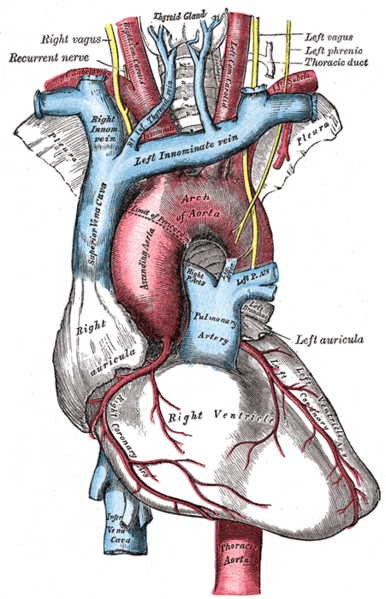 |
| A learner carefully prepares to hear feedback. [The Goose Girl via wikimedia] |
I've written about the value of student self-reflection before. My goal for feedback is to finely tune it for this encounter for this learner, and so I usually begin with the standard open-ended question "How did that go for you, [name]?". Since I always have a ton of potential feedback but a very limited amount of time, I begin this way in part because I value knowing what direction the student wants to go, as I wrote below:
"For me, this is the most important part of using self-reflection: be genuinely interested in the student's response. When I ask, "How did that go for you?" I am not waiting for a perfunctory answer so that I can launch into my own feedback. I am waiting to see where (or if) our needs overlap."
This method and focus developed intuitively over many years, so when I heard Valerie Fulmer say this recently, I felt something click sharply into place along with a deep sense of validation:
"The first thing a student says [when feedback begins] is the point of greatest vulnerability."
Yes! "The point of greatest vulnerability" really helped crystallize why I approach feedback in this way. Now that I know this explicitly I can be even more strategic about how I respond to the student's response, including how I employ agreement in feedback. Also, maintaining "vulnerability" as a keyword helps me remain in a state of compassion during feedback, even if faced with a difficult encounter or student.
Bonus points (added 08.28.2015):
I just had to remind myself of this recently, in fact: a learner came into my room for feedback and before I said anything immediately exclaimed: "That was SO AWKWARD!" We laughed briefly and I was about to "begin" my feedback with the standard "So how did that go for you?" when I realized she had already told me how that went for her: awkwardly. That was her point of greatest vulnerability. So I began my feedback by saying "So what made that awkward for you?" instead and we had a great conversation.





